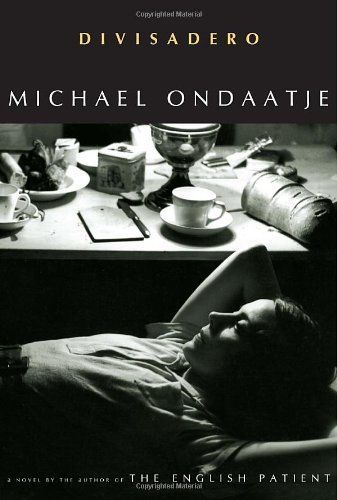
Divisadero
It is the 1970s in Northern California. A farmer and his teenage daughters, Anna and Claire, work the land with the help of Coop, the enigmatic young man who lives with them. Theirs is a makeshift family, until they are riven by an incident of violence - of both hand and heart - that 'sets fire to the rest of their lives'. This is a story of possession and loss, about the often discordant demands of family, love, and memory. Written in the sensuous prose for which Michael Ondaatje's fiction is celebrated, Divisadero is the work of a master story-teller.
Reviews
Laura Mauler@blueskygreenstrees
Daryl Houston@dllh
Stephanie Honour@stephonour
Sabine Delorme@7o9
Robyn Campbell@robyncampbell
Kim Arychuk@kimba13
Matti Scherzinger@matti
Alisa K@alisareads
Janna@janna
Matti Scherzinger@matti